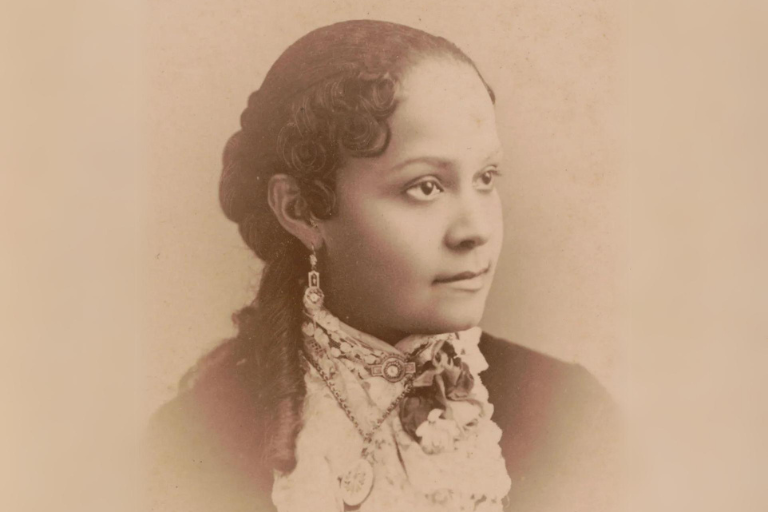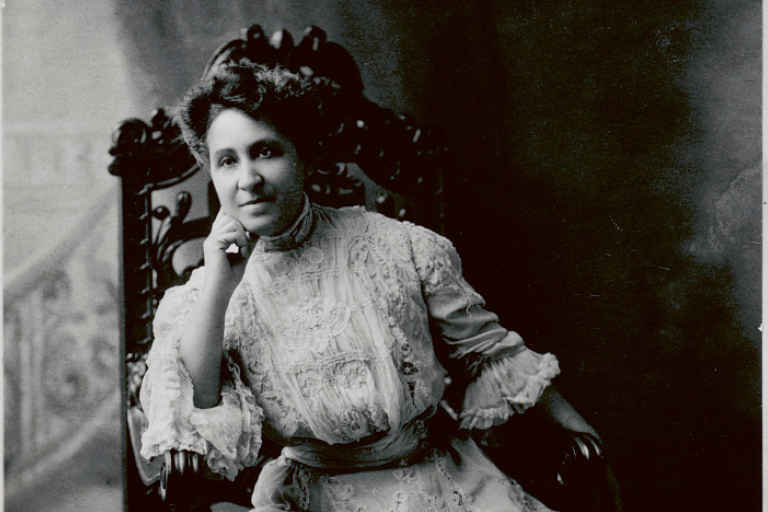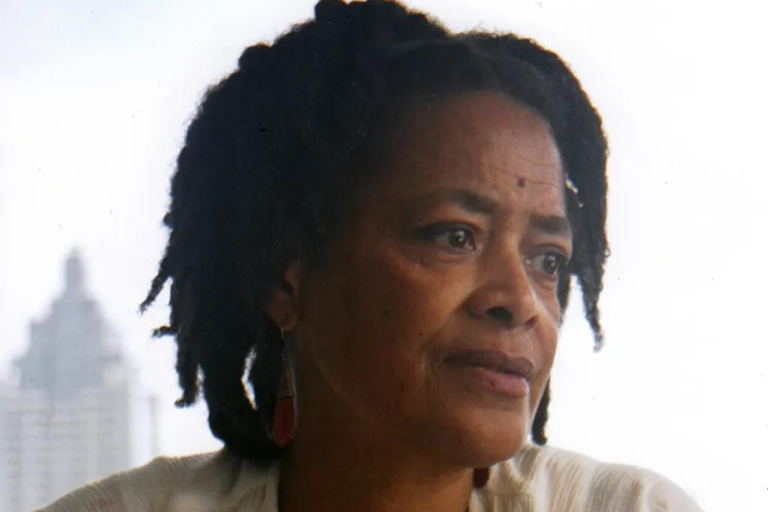Higher education, a traditional site for knowledge production, has systemically excluded Black women and nonbinary women by devaluing their intellectual abilities and their ways of representing themselves because of their untraditional research or approaches to their work.1 However, Brittney Cooper, associate professor at Rutgers University-New Brunswick, attests that Black women and queer-identified scholars in academia choose deviant and novel forms of knowledge production because their objectives for intellectual work have often been different. These scholars have aimed to humanize themselves— so that American society can/will see them as equal humans and citizens and, in this way, restore their dignity. With such an objective, Black women and non-binary scholars want their work to set an example for what research would look like if it were truly equitable. In this regard, it is foremost for us to accept and appreciate the untraditional approaches of Black women and nonbinary scholars. For this, the action that advocates and allies can take is to put efforts to familiarize those scholars and their work and to credit their work. While there are countless Black women and nonbinary scholars, in this week’s Ally Tips, we hope we can learn about how innovative Black women and nonbinary people’s scholarship has been through some examples of pioneering Black women and nonbinary intellectuals.

Pictures of Black Women and Nonbinary Women Scholars
Naming Black women and nonbinary scholars is the first step for legitimizing their intellectual contributions. Moreover, knowing what they look like is crucial to shifting negatively stereotyped images of Black women and nonbinary to neutral or positive ones.
Fannie Barrier Williams – co-founded the National League of Colored Women and led discourse on Black women as a political and civic body3, 4, corroborating the innate competency and rights for civic engagement of Black women.
Mary Church Terrell — developed a concept of “dignified agitation,” posing that “meddling” and agitation can be carried out unapologetically for social changes. It entails asking“disagreeable questions” about the systemic disenfranchisement of people and women of color. Her conceptualization of dignified agitation has become the foundational scholarship in activism.5, 6
Pauli Murray — was a nonbinary Black activist and the first Black deputy attorney general of the state of California. Murray coined the concept of “Jane Crow” to capture the dual burden of race and sex as applied to legal situations. This was pioneering work in intersectionality as we understand it today.7, 8
Toni Cade Bambara — was a writer and activist who put Black women writers’ work into text and showed an example of how communities could be brought together through creative and intellectual work.9, 10 She created opportunities for young Black women writers to engage with the professional Black women writers.11
Learning, Promoting, and Applying the Black Women’s Scholarship
Although Black women and nonbinary people greatly contributed to theorizing about the systemic disenfranchisement of minoritized women in the U.S., respectability politics have caused oppression and erasure of their contributions. Respectability politics forges the argument that the intellectual and political work of Black men and white women is more effective when battling against the white male-dominant system because Black women and nonbinary people are not considered as publicly respectable as Black men and White women in American society, so their work is often considered less impactful and worthy of public attention. In short, Black women and nonbinary people’s scholarship has often been unjustly obscured simply because of their identities.
Thus, to restore the erasure of their scholarship, we have a responsibility to proactively learn, promote, and deliberately explore ways of applying the scholarly work of Black women and nonbinary people to expand our horizons and improve overall gender equity for academic work. A first step, in this regard, can be learning and familiarizing oneself with the renowned Black women and nonbinary scholars and some of the salient characteristics of their academic inquiries and contributions.
Public Intellectuals: Black women have established a type of scholarship that engages with the public. This is because it has been crucial for them to collectively develop and disseminate their theorizations to shift public perception of Black women. In addition, to engage the public, their work has often been “extra academic,” not only producing publications in traditional research journals but also generating diverse forms of intellectual work to make them more accessible and legible by Black women communities.
Embodied Discourse – Integrating feelings and emotions: Black women scholars have sought to use and highlight emotions in their work as a way to accurately convey their bodily experiences—Black women’s struggles and physical and emotional pain have stemmed from appalling social conditions caused by racial and sexual subjugation. For this reason, Black women and nonbinary scholars further advanced the methods of using autobiographies, novels, news stories, diary entries, and materials to communicate their feelings as the oppressed individual.
Weekly Resources
Video: My Name Is Pauli Murray.—This documentary is dedicated to Pauli Murray and highlights Murray's groundbreaking achievements and contributions to the Black LGBTQ communities.
Article: 15 Black Women Who Should Be (More) Famous –This article honors scientists, poets, doctors, activities, and librarians who excelled in their fields but have not been known because they are Black women.
Article: Black Women as Scholars and Social Agents: Standing in the Gap—This autoethnographic study explains how Black women faculty use their profession to bring about social change.





